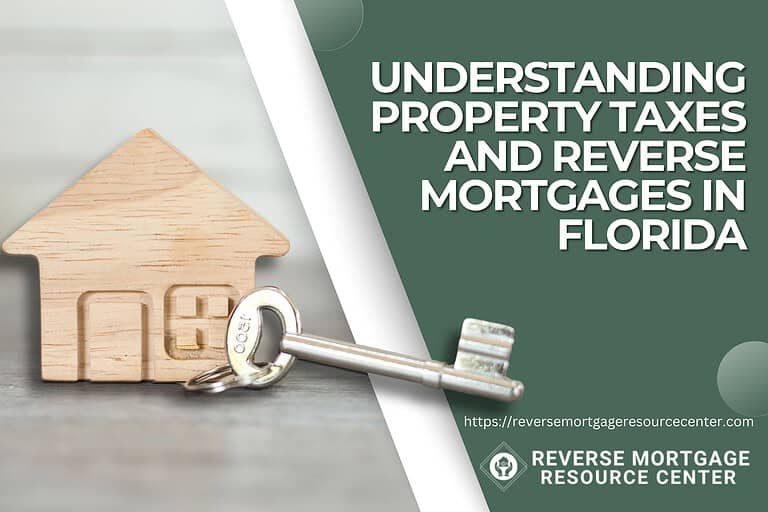Retire in the Golden State: How Reverse Mortgages Can Help
Nestled between the Pacific Ocean and the Sierra Nevada mountains, California beckons retirees with its stunning landscapes and vibrant communities. However, the dream of retiring in the Golden State can be challenged by financial hurdles, particularly for seniors facing unique economic constraints. In this comprehensive exploration, we delve into the intricacies of California retirement and the role of reverse mortgages in creating a secure financial foundation for seniors.
Understanding the Financial Landscape for Seniors
California’s allure for retirees is undeniable, but the state’s high cost of living poses financial challenges. Fixed incomes, rising healthcare costs, and the ever-increasing expenses of day-to-day living can strain even the most carefully crafted retirement plans. For many seniors, traditional approaches to retirement may fall short of meeting the demands of California’s housing market and lifestyle.
The Rise of Reverse Mortgages
In recent years, reverse mortgages have gained prominence as a financial tool that can empower seniors to overcome these challenges. Specifically designed for homeowners aged 62 and older, a reverse mortgage enables them to convert a portion of their home equity into tax-free funds. This innovative solution offers a unique way for seniors to access the value of their homes without the burden of monthly mortgage payments.
How Reverse Mortgages Work
1. Loan Repayment Deferred
A fundamental feature of reverse mortgages is loan repayment deferment until key life events unfold. Homeowners need not worry about monthly mortgage payments during their retirement years. Instead, the repayment is triggered when the homeowner sells the home, moves out permanently, or passes away. This structure provides seniors with a consistent source of readily accessible funds while allowing them to maintain ownership and residency in their homes.
2. Tax-Free Proceeds
The tax implications of financial decisions are a crucial consideration for seniors. The funds received through a reverse mortgage are classified as loan proceeds rather than income, making them generally exempt from income tax. This tax advantage enhances the appeal of reverse mortgages as a means to supplement retirement income without triggering additional tax liabilities.
3. Flexible Disbursement Options
Seniors face a myriad of financial challenges, from healthcare costs to unexpected expenses. Reverse mortgages offer flexibility in how homeowners receive their funds. Individuals can tailor the disbursement to meet their specific financial needs, whether through a lump sum, monthly installments, or a line of credit. This adaptability is particularly beneficial for those navigating unpredictable financial terrain.
The California Advantage: Leveraging Home Equity
California’s real estate market often sees property values appreciate over time, presenting a unique opportunity for seniors to leverage their home equity. Reverse mortgages allow them to unlock this accumulated equity, transforming it into a reliable source of readily accessible funds. This financial strategy can play a pivotal role in ensuring a comfortable and secure retirement in the Golden State.
Addressing Common Concerns
1. Homeownership and Heirs
A prevalent concern surrounding reverse mortgages is the impact on homeownership and inheritance. It’s essential to dispel misconceptions – homeowners retain ownership of their homes with a reverse mortgage. Repayment occurs when the homeowner sells the home, moves out, or passes away, with any remaining equity after repayment of the loan will pass on to heirs.
2. Loan Costs and Fees
While reverse mortgages come with upfront costs and fees, many seniors find that the benefits far outweigh these expenses. Recent regulatory changes have improved transparency and consumer protections in the reverse mortgage industry. It’s imperative for seniors to work with reputable lenders who adhere to these standards, ensuring a fair and transparent financial arrangement.
Financial Planning for a Secure Retirement
1. Holistic Financial Assessment
Before delving into the world of reverse mortgages, seniors should conduct a comprehensive financial assessment. Engaging with financial advisors who specialize in retirement planning can provide invaluable insights. This collaborative effort enables individuals to evaluate their financial situation, explore options, and make informed decisions aligned with their retirement goals.
2. Budgeting and Lifestyle Considerations
Understanding current and future financial needs is pivotal in crafting a secure retirement. Seniors should assess their budgetary requirements, factoring in living expenses, healthcare costs, and any other anticipated expenditures. This meticulous budgeting serves as a guide for decisions related to the amount and structure of the reverse mortgage.
A Path to Financial Freedom
Retiring in the Golden State should be synonymous with tranquility, enjoyment, and peace of mind. For seniors facing financial challenges, reverse mortgages provide a strategic and flexible solution to unlock the value of their homes. By addressing common concerns, seeking professional advice, and incorporating reverse mortgages into a holistic financial plan, seniors can embark on their California retirement with confidence and financial security.
As the sun continues to set over the Pacific, seniors in the Golden State can look forward to a retirement filled with the tranquility and fulfillment they deserve, supported by the financial freedom a well-considered reverse mortgage can provide. The journey to retirement in California is not just about the destination; it’s about the financial security and peace of mind that pave the way for a truly golden retirement experience.
REVERSE MORTGAGE RESOURCE CENTER ~LIVE LIFE ON YOUR TERMS~
Our Lending Team has been serving our clients since 2004. We are passionate about serving our clients with integrity to help them achieve their financial goals.







